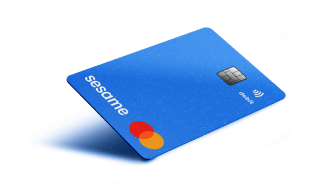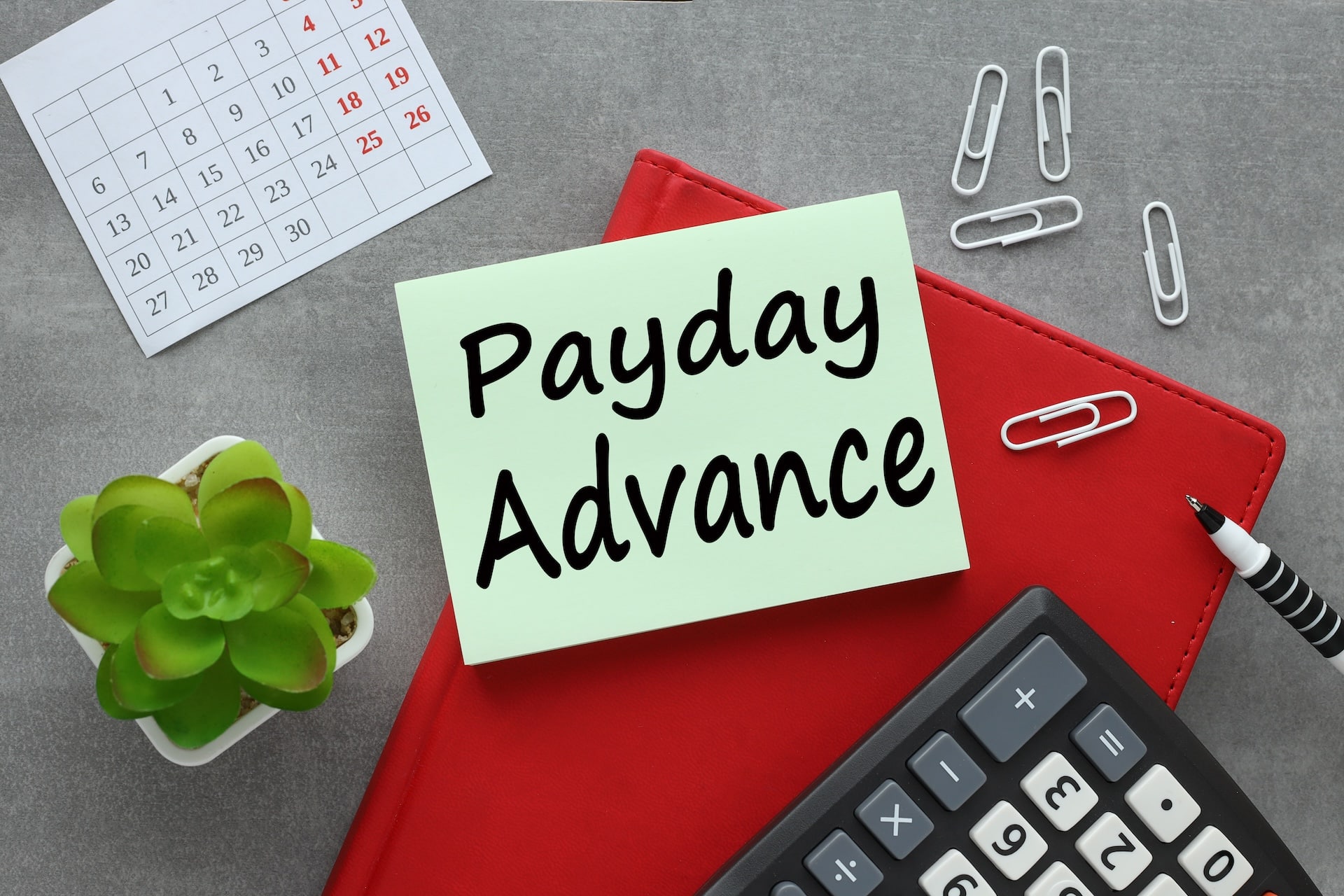We all have those moments. You know the ones I mean—where you make every effort to do the right thing, only to hit a roadblock and be left wondering if you missed a nuance that could have changed the outcome. No one wants to get rejected, especially when finance and credit are involved, yet the truth of the matter is, all people—regardless of how good their credit history—run the risk of being turned down for a credit card or a loan. (Yes, that even goes for people with excellent credit scores.)
The tricky reality is that each credit card provider has its own formula on which it bases decisions. Because these formulas are proprietary, consumers are left to choose which cards to apply for based on a wing and a prayer. Wouldn’t it be better to know if you had a fair shot at approval before getting a hard inquiry on your credit report?
It sure would, and that is where Credit Sesame Approval Odds come in.
What are Credit Sesame Approval Odds, and how do I find them?
Credit Sesame Approval Odds are guidelines that help you find the credit cards for which you are most likely to be approved. You can find Credit Sesame Approval Odds in the Borrowing Power section of your Credit Sesame account, next to your credit card recommendations.
How do Credit Sesame Approval Odds work? Are they foolproof?
Credit Sesame compares your unique credit profile to those of other users who have previously applied for cards through the Credit Sesame platform. After considering all of the factors that make up your credit profile (payment history, utilization, credit age, account mix, and the number of recent hard inquiries), we make recommendations for the cards we feel you are most likely to be approved for. For example, based on this formula, if your grades for the five factors that make up your credit score are comparable to others who have been approved for a specific card, we feel the odds of being approved are in your favor. If your profile is closer to someone who was not approved, we suggest other cards that we believe are a better match.
What range of approval odds should I consider safe?
We show your approval odds as either very good, good, fair, or poor. Please keep in mind that Credit Sesame can never guarantee you will be approved for any card, even if your odds are strong; however, it is safest to apply for the cards which show you have a good or very good chance of being approved.
How much credit do I need?
Everyone knows it is important to have a good credit score, but what people often don’t consider are the factors that make up that score and how having a significant amount of unused credit actually improves it.
A large percentage of your credit score (30%) is based on your credit utilization. Credit utilization is a term that lenders use to describe how much of your available credit you access on a regular basis. Lenders want to see this number as being under 30%, but they really prefer it to be under 10%. For example, if you have an overall credit limit of $10,000, lenders want to see that you are only using $3000 (30%) of that on a regular basis, but they prefer you only use $1000 (10%). So, if you normally charge $1000 each month, and pay it off in full at the end of your billing cycle, you want to have an overall credit limit of at least $10,000. Thus, while you are pondering if you really need yet one more credit card, you might want to take your monthly spending into account and work backward. If you feel you really don’t want one more card, or if you don’t want to risk another inquiry on your report but still want to improve your utilization ratio, call your lender and ask for a credit increase. In many cases, this can be done without a hard inquiry, as the lender may base the increase off of your good payment history with them.
What are the benefits of having several cards over having one with a high limit?
Besides giving you the ability to make purchases either online or in person without the need to carry cash, there are many reasons to apply for a credit card. But if you already have a good utilization ratio, do you really need another card?
Many credit cards come with perks. For example, an airline-branded card might offer double miles when you charge a flight, while a store card might offer points when you shop with them. If you travel often and also have a specific store you frequent, having multiple cards will give you the best of both worlds. This is a great reason to apply for a new card instead of requesting a higher limit.
What are the pros and cons of applying for more credit?
Cons:
- Whenever you apply for new credit, you run the risk of being denied. It is also possible that the application will add a hard inquiry to your credit report. Too many hard inquiries in a short period of time will lower your score, making it even harder for you to get credit. This is why you want to apply for cards for which you have the best approval odds.
Pros:
- Having a higher overall credit limit will lower your utilization ratio, which will in turn improve your credit score.
- You might get a better variety of perks—such as cash back, airline miles, and store points.
- A backup card can save you the frustration of not being able to pay if your primary card is declined, be it due to a malfunctioning strip or a missed payment.
How do I use Credit Sesame approval odds?
Credit Sesame suggests that you apply for cards where your odds are listed as very good or good; however, that is not to say you would not be approved for a card where your odds are less favorable. But if you are concerned about having a hard inquiry on your record, a card for which you have low approval odds is probably not the right one for you. What it all comes down to is you should weigh the odds of getting approved versus the way an inquiry may affect your score. If your score is in the excellent range, risking a slight drop due to a hard inquiry for a card that provides favorable perks might be worth the risk. But if your score could use improvement, risking that hard inquiry dip would not be the best move.
What does it mean when no Credit Sesame Approval Odds are listed?
As long as we have the supporting data, Credit Sesame will show your approval odds. A lack of approval odds does not mean you do not qualify for the card, but it does mean we do not have enough quantifiable data on which to base a recommendation. In those cases, we suggest you do exactly as you should before applying for any card—weigh the strength of your credit score against both the benefits of that specific card and the impact applying for it will have on your score. If you feel the risk of being turned down is worth the benefits of getting the card, by all means, give it a shot.
What if I don’t see any cards with good Credit Sesame Approval Odds?
First, don’t get discouraged! Not only can you improve your situation, Credit Sesame can help! Take advantage of how we break out your credit grades and use our tips to help you improve any areas that lack strength before applying again. Additionally, you can consider getting a secured card, but be aware those require a deposit with the issuing bank.
Although managing your finances may often feel daunting, you can take control. Since Credit Sesame tailors each experience to the member’s personal needs, keep your eyes on your report card and the tips we provide. No matter where you stand now, you can grow both your credit score and your financial health.




















